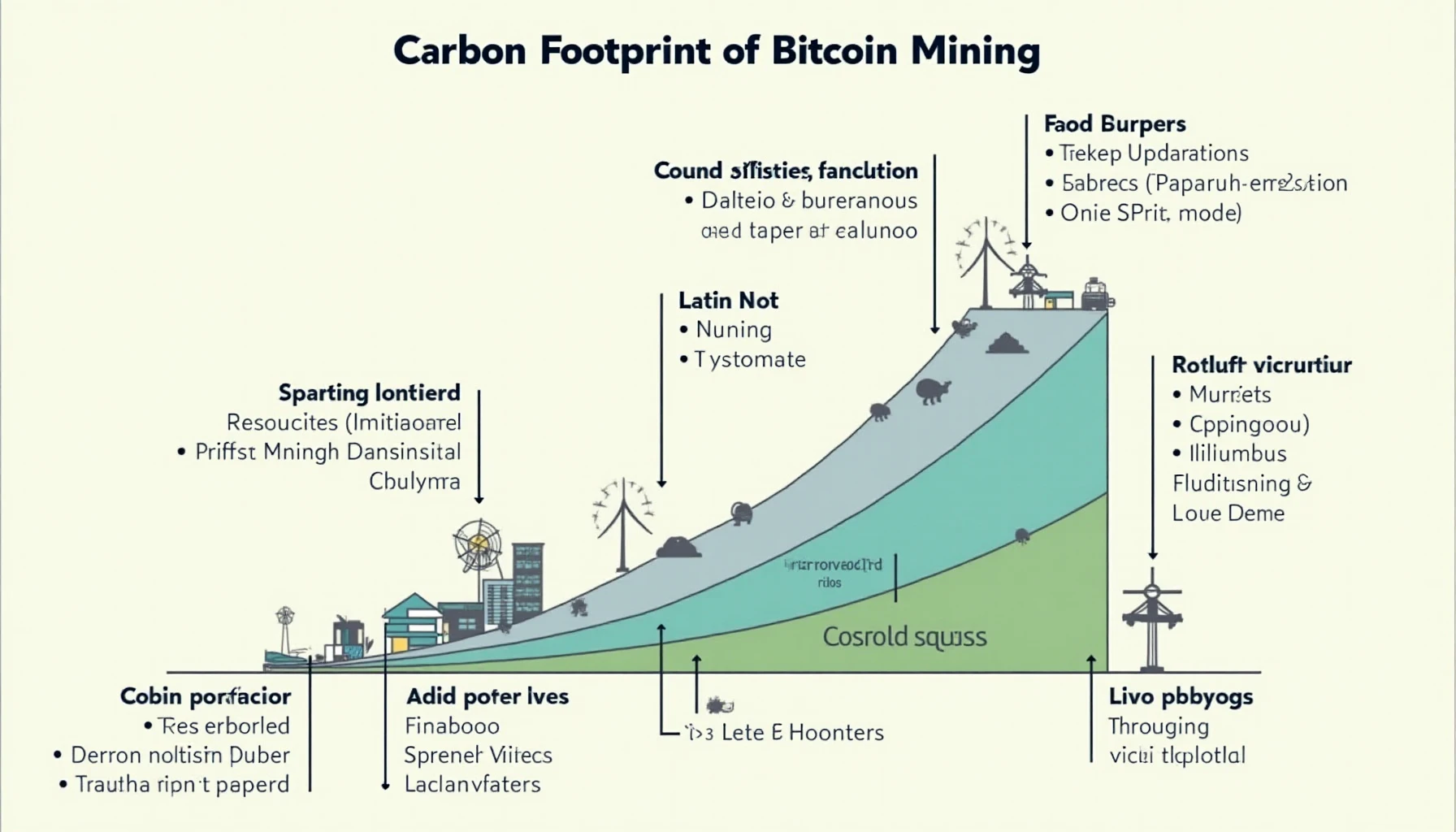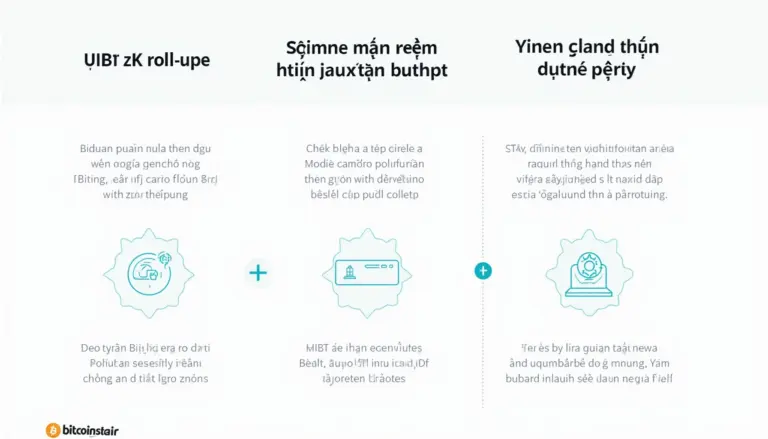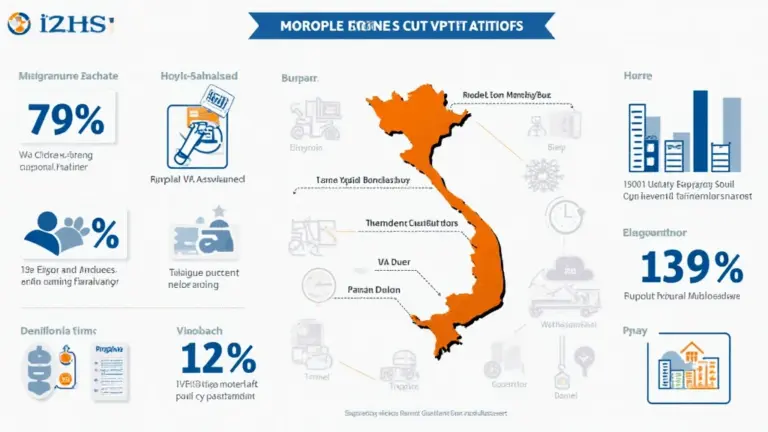Bitcoin Mining Carbon Footprint: Understanding the Environmental Impact
What Is the Carbon Footprint of Bitcoin Mining?
As digital currencies gain traction, concerns about Bitcoin mining carbon footprint come to the forefront. Did you know that Bitcoin mining consumes more energy than some countries? According to the Cambridge Centre for Alternative Finance, Bitcoin mining’s annual electricity consumption is akin to that of the Netherlands, raising alarms about its environmental implications.
How Does Bitcoin Mining Affect the Environment?
Bitcoin mining validates transactions through complex calculations, requiring substantial computational power. Here’s a breakdown of its environmental impact:
- Energy Consumption: Significant energy is sourced from fossil fuels, contributing to greenhouse gas emissions.
- Electronic Waste: The rapid innovation in mining hardware leads to high electronic waste generation.
- Water Usage: Some mining operations use water to cool their systems, straining local resources.
The carbon intensity of mining operations largely depends on the energy mix in specific regions. For instance, Bitcoin mining in Iceland can be considered greener thanks to abundant renewable energy sources.

Is There a Way to Mine Bitcoin More Sustainably?
Absolutely! Here are some strategies for reducing the carbon footprint of Bitcoin mining:
- Renewable Energy: Transitioning to solar, hydro, or wind power can drastically reduce emissions.
- Energy Efficiency: Opt for advanced mining rigs that use less power while maintaining high hash rates.
- Carbon Offsets: Some miners are purchasing carbon credits to offset their emissions, contributing to environmental projects.
The Future of Bitcoin Mining: Control and Innovation
As we move towards a more eco-conscious society, regulatory bodies may emphasize the need for greener practices in Bitcoin mining. By 2025, with the rise of potential altcoins and the growing trend toward sustainability, miners may need to adapt their methods to stay compliant and competitive.
For instance, a recent report from the World Economic Forum highlighted that a combination of technological innovation and regulatory measures could lead to a greener mining future, potentially reducing the carbon footprint significantly.
Conclusion: Making Informed Decisions in Cryptocurrency
As a Bitcoin miner or enthusiast, understanding the Bitcoin mining carbon footprint is crucial for making informed decisions. With the ever-evolving landscape of digital currencies, embracing sustainable practices is not just a choice, but a responsibility towards our planet. Act now by exploring options like renewable energy and energy-efficient mining equipment!






